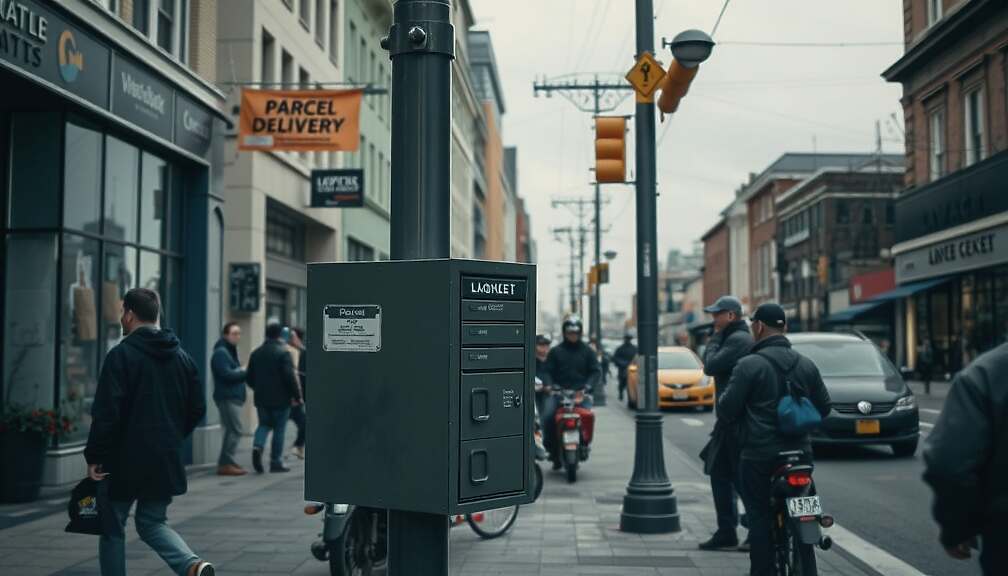Deutsche Post is seeking to accelerate the expansion of its parcel locker network, citing challenges in obtaining necessary permits. Nikola Hagleitner, a board member of DHL, explained to the Funke-Mediengruppe newspapers that parcel lockers frequently encounter regulatory hurdles similar to those faced by building projects, making approvals complex. Despite these obstacles, the company has managed to increase the number of lockers by up to 3,000 annually. While acknowledging this progress, Hagleitner expressed a desire for a faster pace of construction within public spaces.
The postal service aims to double its parcel locker count to 30,000 by 2030. These automated stations represent a more cost-effective alternative to direct home delivery, allowing DHL to consolidate multiple packages at a single location.
Hagleitner also addressed concerns raised by local governments regarding potential competitive advantages created by Deutsche Post and DHL. Municipalities are reportedly wary of favoring a single operator. To mitigate these concerns, Deutsche Post has developed an open-access parcel locker system, allowing other package delivery services to utilize the infrastructure alongside DHL.
Consumer acceptance of both parcel lockers and Postfilialen (post stations) has been positive. The latter are being increasingly deployed in areas where maintaining traditional branch partnerships proves difficult, particularly in rural locations where local businesses may have closed. These post stations often serve as a vital link to essential services in communities lacking alternative options.
Responding to the recent decision by the Danish postal service to cease letter delivery, Hagleitner emphasized that such a move is not anticipated in Germany. Deutsche Post handles approximately 12.5 billion letters annually and she anticipates “significant volumes of letters” will still exist in ten years. She underscored the importance of physical mail for vital communications like official notices, medical records and election materials, noting its continued societal and political significance in Germany. Furthermore, the company affirmed its commitment to maintaining its existing network of 108,000 mailboxes, regardless of postal volume.












